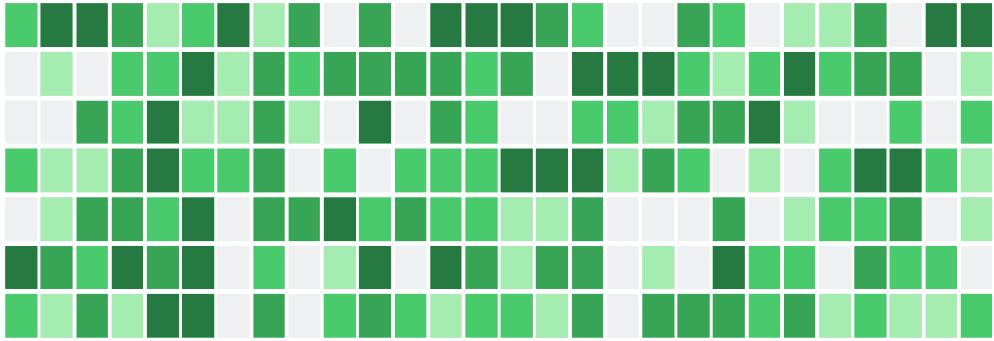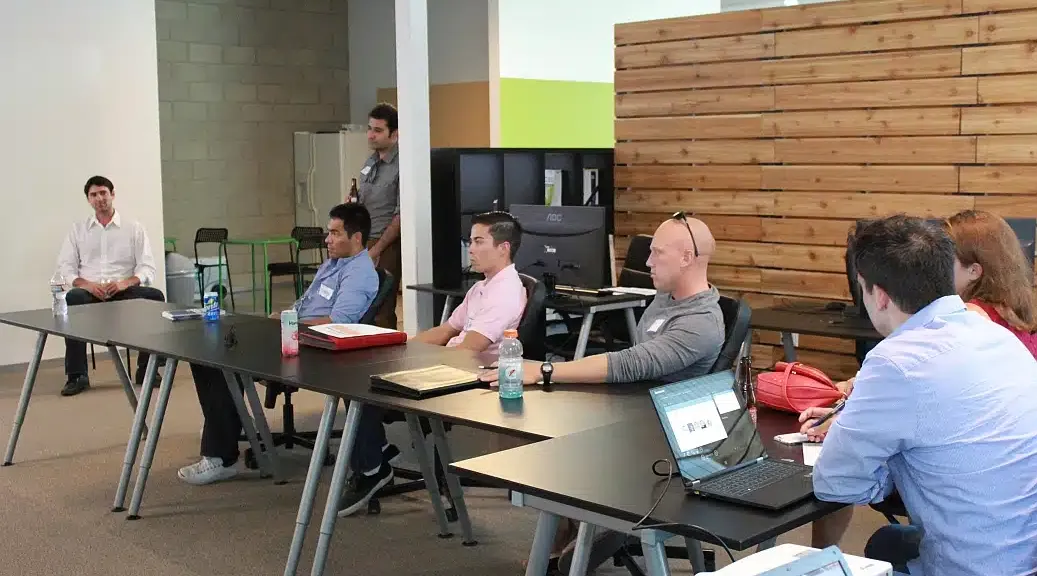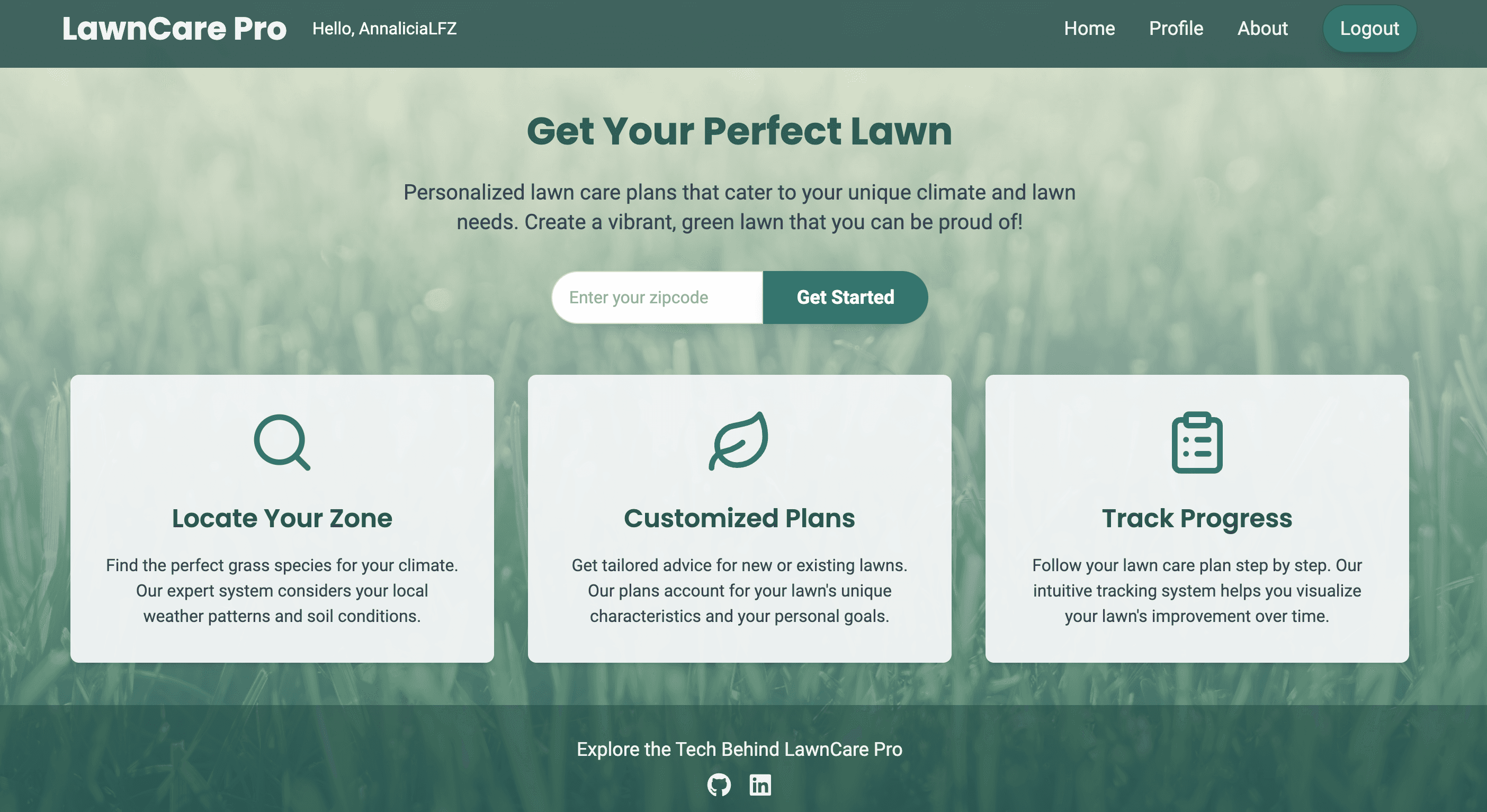10 Javascript Concepts That Get Jobs in 2024
JavaScript ranks #1 on Stack Overflow for the 8th year in a row and continues to be one of the top in-demand languages as referenced in medium.com. It is estimated that JavaScript is used by 88% of all websites.
That adds up to the fact that there is a great demand for JavaScript in the marketplace as it continues to be the most popular technology.

LearningFuze senior instructor, Scott Bowler, is a JavaScript expert and shares 10 key JavaScript concepts that are important to grasp when looking for a job in 2023. The descriptions below are a simplified overview of the top 10 concepts.
LearningFuze graduates finish with a comprehensive understanding of these concepts. To truly understand it is a matter of actually doing, practicing and applying each concept in actual projects. In the words of Yoda, “Do or do not, there is no try”!
10) Asynchronous Communication
Also known as AJAX (Asynchronous Javascript And XML), asynchronous communication plays a key role in modern web page design and functionality.
AJAX gives you the ability to dynamically load information to your web page without having to refresh the whole page. One benefit of this is that less data is being sent from the server when only a section of your page needs to change. This also enhances the user experience with faster load times and the page not blinking out every time something changes.
9) Dom creation and modification
Having the ability to create or modify elements on a web page allows you to create dynamic web pages that can change based on user interaction.
8) Loops, Loops, Loops, Loops
Loops are a key component of any programming language. Loops allow you to repeat blocks of code any number of required times saving you from having to write repetitive code. Loops also allow you to iterate through data structures with minimal effort. Understanding how, when, and why to use loops is an essential skill for any programmer.
7) Dev Tool Debugging
All web browsers have some form of dev tools for debugging, even the one you are using right now. If you are using Chrome, right-click then select Inspect. This should have brought up a “panel” either at the bottom or the right side of your browser.
These are the Dev Tools, and as said before, all browsers have some form of them to help developers debug their code. All the information about the page/site can be found there including information about the HTML, CSS, and of course Javascript. Being able to utilize the Dev Tools to debug your code should be a skill you build from the very beginning.
6) Scope
Arguably one of the harder concepts to grasp for a new developer is scope and is an important concept to understand. There are two main types of scope, global and local. When a variable is declared outside of any function it is considered global and can be accessed virtually anywhere within your code. A variable that is declared within a function is considered local and can only be accessed within that function.
This is scope at its very basic and can quickly become far more complex, but understanding these concepts as early as possible will help build a solid foundation for you to build from on your road to becoming a web developer.
5) Functions and Function Calls
Like loops, functions are a fundamental key programming concept that is universal across most programming languages. Functions allow you to encapsulate blocks of code that can be used at a later time by calling the function.
4) Conditional statements
Conditional statements are the base for any logic / decision making that happens within your code. If something is true do this else do this thing. Any and all decisions made within your code will be done by some form of a conditional statement. This allows you to control what your code is doing based on different circumstances and variables.
3) Events and Event Handling
Most if not all code run by a web page is triggered by an event of some type. Some of the most common events are: on page load, on click, on hover, etc.
Understanding the various events in Javascript and when they are triggered is an essential skill for any Javascript developer.
2) Reference versus Value variables and Data Types
Programming is all about data manipulation and processing. Variables are what hold that data — remember high school algebra? x = y + 3.
X and Y are variables that can represent any number. In programming, we use variables to hold data in several different formats such as numbers, strings, and boolean.
These are considered value variables. Another type of variables are arrays and objects which in the simplest terms are containers that hold groupings of other variables (think of an egg carton as an array and each egg is a variable that is holding some type of data). Arrays and objects are reference variables. Understanding the difference between the different variables and data types will help you build a strong foundation on your journey to becoming a developer.
1) Traversing the DOM – Why Javascript?
Javascript is intended (originally) to help enhance the user experience on a web page and essentially add a bunch of bells and whistles. Javascript gives us the ability to dynamically change our page depending on user interaction and create a more fulfilling and meaningful experience for the user. Javascript is used today to create web-based apps and even web-based games that can be quite complex and very engaging. Javascript is a powerful tool for web developers but none of it matters if you can’t traverse the DOM.
The DOM (Document Object Model) is essentially a tree-like structure that represents all the HTML elements that make up your web page. Understanding how to navigate through (traverse) the DOM using Javascript is arguably one of the most important foundation skills needed. As stated above Javascript is all about enhancing the user experience by dynamically changing the page to their wants and needs which can’t be done if you don’t know how to access a p tag that is nested in a div with an id of main-content.
As in sports in music, becoming a developer is all about having a strong foundation and understanding of the fundamentals in which to build and grow your skills. If you're new to coding, start by learning JavaScript. As with a building, the taller the building the deeper the foundation and so it goes if you want to take your development skills to new heights.
Additional Resources
You might like these

December 5, 2024
Here’s why those little green squares on GitHub matter, how they can impact your growth as a programmer, and how LearningFuze can help you get them.

December 11, 2024
Essential LinkedIn tips for junior developers: Boost your profile, leverage endorsements, and network effectively for career success in tech!

March 6, 2024
Discover your roadmap on how to become a web developer. Understand the fundamentals like HTML, CSS, and JavaScript as your gateway to a flexible and lucrative career.






